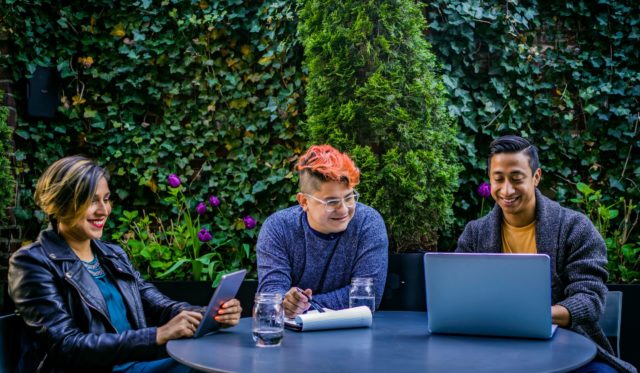Summary of:
Levy Paluck, E., Porat, R., Clark, C. S., & Green, D. P. (2021). Prejudice reduction: Progress and challenges. Annual Review of Psychology, 72, 533-560.
Background & Theory
This article is a meta-analysis of prejudice reduction research (dating back to 2007), and provides an understanding of what we have discovered, what was done well, and what could be done better in this field of study.
Research Questions
Levy Paluck, Porat, Clark, and Green, in “Prejudice reduction: Progress and challenges” (2021), seek to address the following questions:
-
- What studies in the last decade exist regarding prejudice reduction, and what are their focuses?
- How effective/accurate are the interventions and results of these studies?
- Where should we improve prejudice reduction studies moving forward, and what areas should we pay special attention to?
Methods
The authors performed this meta-analysis by evaluating 309 manuscripts; all were selected out of over 16,000 manuscripts through several selection cycles of the authors and their focused criteria (for the authors’ criteria, see article). The research all came from the database Articles+, and was found after searching for said research under 19 possible keywords; all of the research needed to include a specific intervention that might lead to prejudice reduction. The authors then coded all of the manuscripts and had them verified by either another author or a research assistant. The information was then evaluated through statistical analyses and methodological and theoretical frameworks. For charts and further breakdown, please see the article.
Results
The results were not entirely positive; the authors found many areas that we should expand upon and many possible limitations or errors in these studies. For instance, many studies might have had good results that indicated a possible positive implementation to reduce prejudice, but their sample sizes were too small, there was lack of follow up to determine how long results lasted, or they were less impactful when done in a real-world setting, thus they were not entirely effective or accurate. Publication bias seemed to be present in a lot of the manuscripts evaluated, and not a lot of diversity in the areas studied or the participants evaluated was present. Specifically noted was the lack of true information available as it relates to implicit prejudice reduction. The authors did find, however, that light touch interventions may be promising and should be studied further, and they discussed several very well done studies. Overall, the authors are pleased with how this field is growing and some of the excellent studies and meaningful results available, but believe there can also be many future improvements.
What This Means
- Research is critically important in fixing the problems that exist in today’s world, and we can continually learn from the information available to us. Even for studies that could benefit from adjustments, there is still information we can learn, but we should also seek to understand the possible limitations of these studies and take things with a grain of salt.
- Researchers play an important role in our society and are working tirelessly on issues such as prejudice reduction; supporting them and finding ways to support these kinds of studies is necessary to have the most well-rounded and impactful studies.
- Prejudice is one of the most difficult issues to solve today, which is why see so many studies focused on it. When it comes to peacebuilding, understanding prejudice and how to reduce it is ever so critical, and learning what we can from the newest information available will be essential in creating a more peaceful world.
Final Takeaway
For consultants: We all need to learn and grow in order to work well as mediators and peacebuilders. Learning from the many recent studies available is very helpful, but we also need to tie this into what we know about conflict resolution theory and be wary of areas that may need further evaluation before being implemented.
For everyone: One of the biggest takeaways here may be to be open-minded – in general, but also understanding where we may need to seek second or third opinions about issues in order to have the best and most accurate, non-biased understanding.







